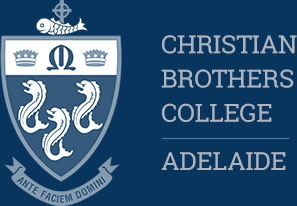One of the major issues concerning boys is the levels of literacy.
Over the last few decades there has been a shift in boys’ learning patterns and a major move from paper-based information retrieval towards electronic media such as computers, television and digital media. Men have never been as keen on reading books for pleasure as much as women, but the current lack of reading by boys is a major concern to society.
As boys move into Secondary school and higher education, where there is a reliance on text books, they seem to plateaux and the lack of reading from their Primary years has its’ impact on their results as they have difficulty comprehending textual material and often haven’t developed the reading habits which allow them to progress successfully.
This is now even more exacerbated as curricular design has moved towards a more written approach to subjects that were more experiential a decade or so ago. Boys’ poor literacy levels are now impacting on all their subject offerings and desperate measures are needed to get them back to books, writing and oral communication.
Around the globe the literacy levels of boys is significantly lower than girls and there is a need for schools and parents to work closely together to arrest this pattern if our boys are going to cope with a modern workforce that emphasises interpersonal skills including oral and written communication.
There are many strategies being advocated in different parts of the world that are slowly impacting on boys’ literacy levels and much professional development for teachers and parents is needed. In the U.K, the Islington Project has made some very far-reaching recommendations that are being implemented in schools across the country. Ian Lillico has been part of a group of international researchers looking into these strategies and evaluating them. He has spent time with one of Her Majesty’s Inspectors – Peter Downes (OBE) while on his Churchill fellowship and visited schools that are making progress with literacy for both sexes. He has done similar research in the Netherlands, Germany and North America and his Churchill Fellowship recommendations are a result of more than ten years of analysing best practice around the world.
This not a problem for boys’ English teachers but for all teachers as literacy is across all subjects. Recommendation 45 of Ian’s Churchill Fellowship report indicates that 15% of every classroom period should be devoted to a variety of reading approaches in both Primary and Secondary schools. Other recommendations stress the need for boys to reflect more, to communicate before writing something and for teachers to use a form of scaffolding when asking boys to write essays or do written reports. This is a unique opportunity to improve professional knowledge in the area of literacy from a practising school administrator and researcher. The issue of literacy for all students is a paramount.
The techniques that work for boys, work also for girls, as all our students need to improve and enhance their skills to take their rightful place in society.



